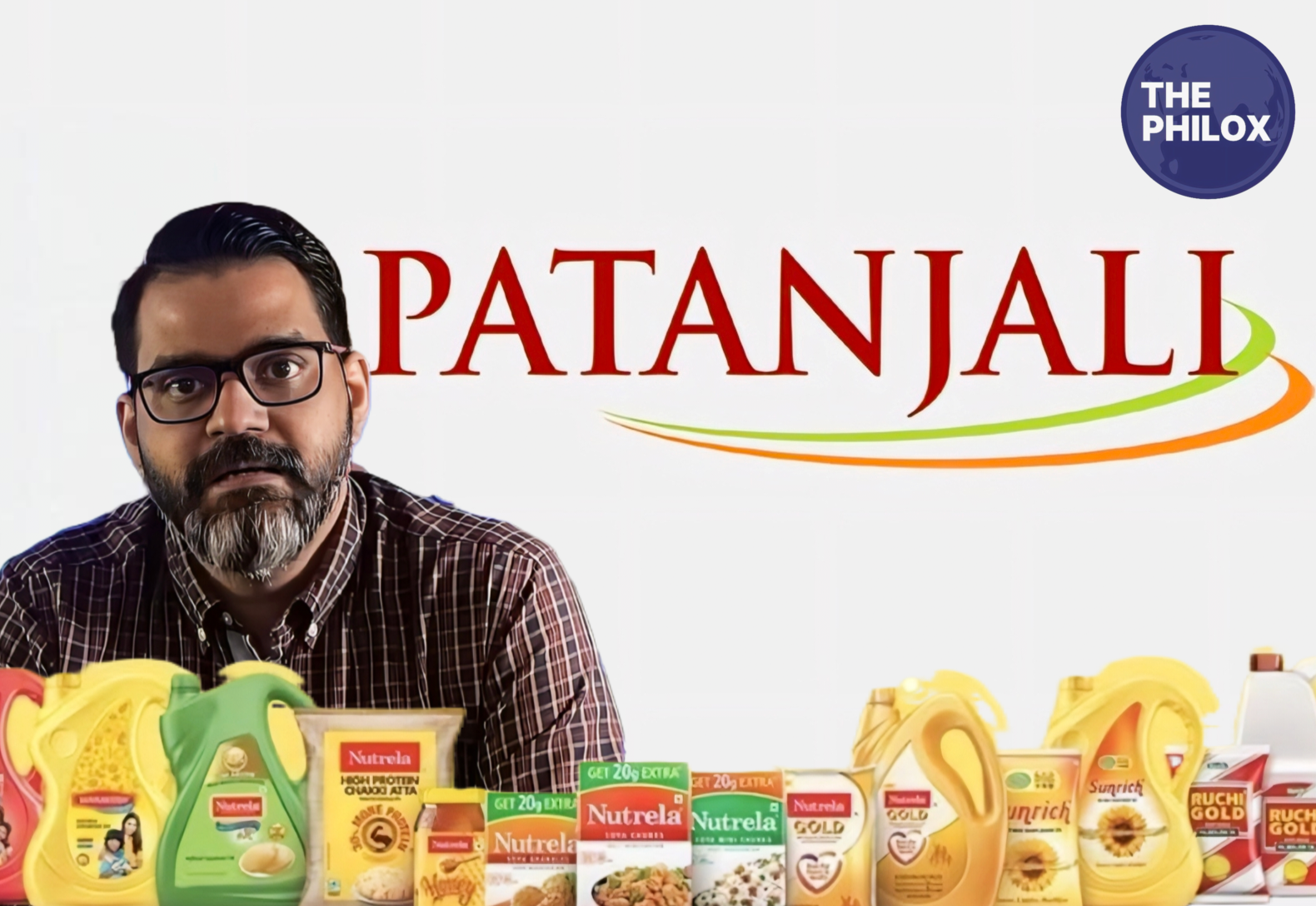Fast food has become a way of dining for most across the globe, but a latest research has indicated that even on occasion, fast food like McDonald’s and Domino’s may increase the risk of a heart attack by 5%.
This has brought up more concern about the health aspects of fast food consumption in India compared to the relatively better standards followed in the USA.
A recent study published in a top medical journal revealed that the risk associated with fast food consumption is higher in India than in the USA. The researchers attributed this to differences in the quality of ingredients, preparation methods, and regulatory standards.
In India, fast food often contains higher levels of trans fats, sodium, and artificial preservatives. These ingredients are known to contribute to cardiovascular diseases, including heart attacks.
In particular, trans fats are famous for elevating bad cholesterol (LDL) and depressing good cholesterol (HDL). This makes arteries clogged.
One meal in Indian fast food restaurants can run over a day’s recommendation of trans fats. That is much more dangerous for heart attacks.
A Comparison with the USA
Fast-food chains are strictly under the regulatory health and safety regulations in the USA. Use of artificial trans fats while cooking is banned in some states of the USA. It also has to put up labels on all foods bearing nutritional values for easy consumer choices.
Not a healthy eat out option in the USA; still, the regulatory climate here is surely way safer than that of India.
The regulatory framework in India is much lenient. Studies have found that the fast food chains in India mostly employ lower quality oils and cheaper additives to cut costs. This not only threatens the nutritive value of food but it also puts huge health risks.
Pathogenic Ingredients Used in Fast Food
Fast food is notorious for not being too healthy, and the major among them includes:
1. Trans Fats: These are present in partially hydrogenated oils and are highly used in frying and baking for giving a more desirable taste and longer shelf life. They are the most important contributor to heart disease.
2. Excessive Sodium: Fast food has high sodium levels that lead to hypertension, which is one of the main causes of heart attacks and strokes.
3. Added Sugars: The intake of sugary drinks and desserts with fast food results in obesity and diabetes.
4. Artificial Additives: Preservatives, flavor enhancers, and food coloring added to the fast food are also known to trigger various health problems, which include metabolic syndrome and inflammation.
A large pizza from Domino’s in India contains up to 40 grams of fat and more than 2,000 milligrams of sodium-that is more than double the daily recommended intake. An Indian McDonald’s burger contains artificial flavorings and preservatives banned in many countries.
Role of the Fast-Food Industry
This influences it a lot, particularly in the developing nations. It finances governmental initiatives, and lobbies to defeat harsher regulations so as to avoid being bound by it.
Critics say this is one way that fast food chains would not serve food that in a developed country would be discarded because it would fail on health standards.
According to a 2022 report published by an Indian consumer advocacy group, Indian fast food companies have lobbied against proposals that would have required the front-of-pack labeling of ingredients containing high fat, sugar, and salt, which restricts the transparency the consumer needs in order to understand their choice and its associated health risks.
Case Study: Double Standards
It clearly brings out the difference in their offerings, comparing McDonald’s menus in India and the USA. While the menu in the USA includes salads, fruits, and low-fat choices, in India, the calorie-rich items like fried chicken burgers and cheesy pizzas are more focused.
This is a result of how the company is adapting to local markets but does raise an ethical question over the company’s commitment to public health.
The Health Crisis
India is already in the grip of an epidemic of lifestyle diseases. Cardiovascular diseases are the largest cause of death in India, accounting for nearly 28% of all deaths, according to the World Health Organization. The fast food trend is exacerbating this crisis.
The children and the adolescents are the largest consumer groups of fast food and, hence, most vulnerable to these risks. Fast foods rich in fat and sugar will leave them prone to lifetime health issues such as obesity, diabetes, and heart diseases.
Action towards Healthier Future
The problem requires a multi-pronged approach:
1. Stricter Regulation: Indian government must impose stiffer regulations on fast food, ban trans fats, and make nutritional labeling a mandate.
2. Consumer Awareness: Awareness programs through which education on the harms that fast foods cause would give consumers a chance to choose wisely.
3. Institutional Responsibility: Fast food companies must answer accountability toward health effects of food prepared by them. This should be motivated and should be rewarded to provide the best healthy options and enhancing ingredient standard.
4. Local Traditional Cuisines: Promote rich and healthier local traditional Indian cuisine as alternatives to fast food.
A McDonald’s meal or Domino’s appears convenient; however, there are hidden health risks, especially in India which has a 5 % increased risk of heart attack, which calls for far more immediate need for much regulatory reforms and public awareness.
Although the USA has taken steps to make fast food safer, India has a long way to go. Until then, consumers must be careful and reduce their intake of fast food and increase their consumption of healthier, home-cooked meals to protect their health.








